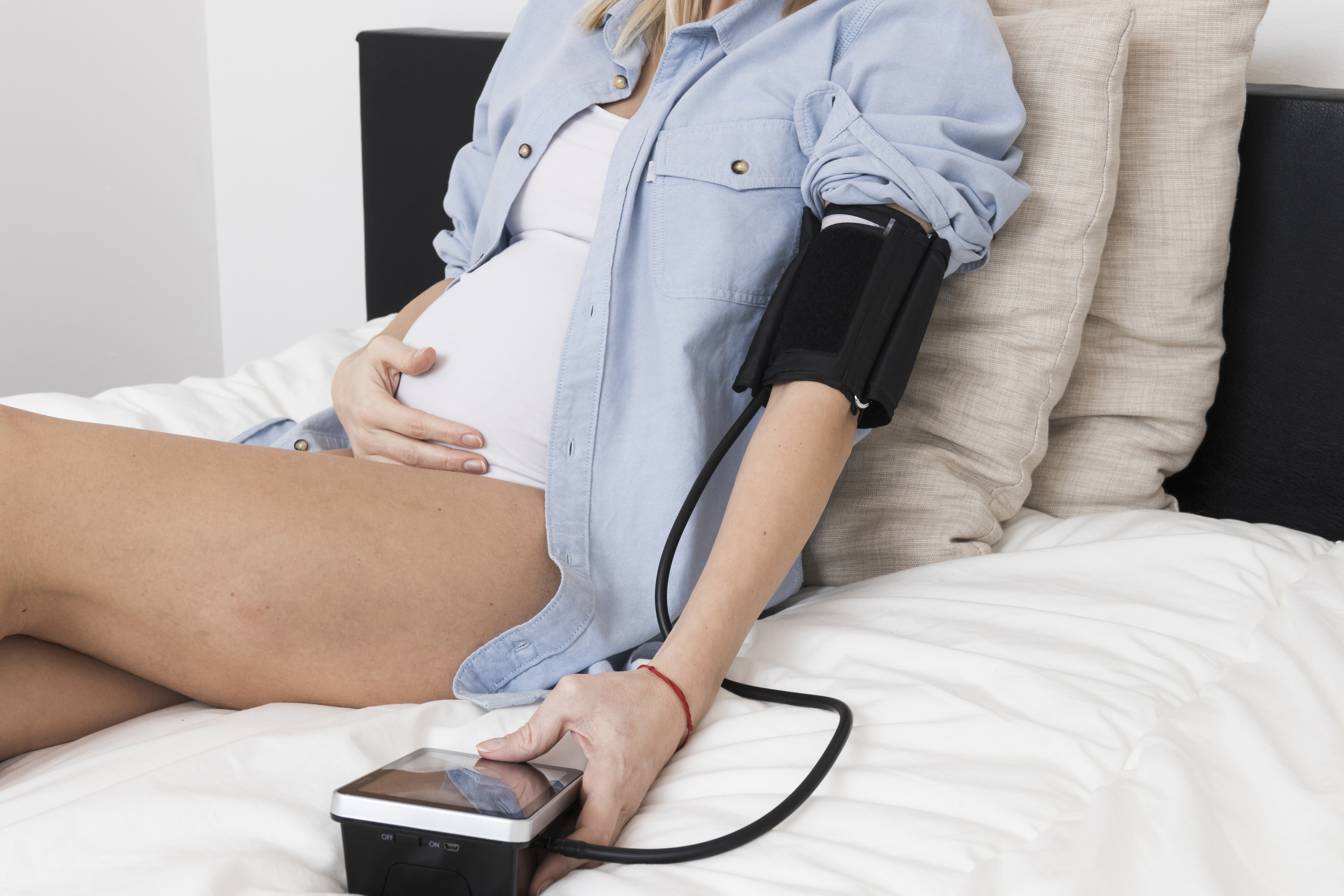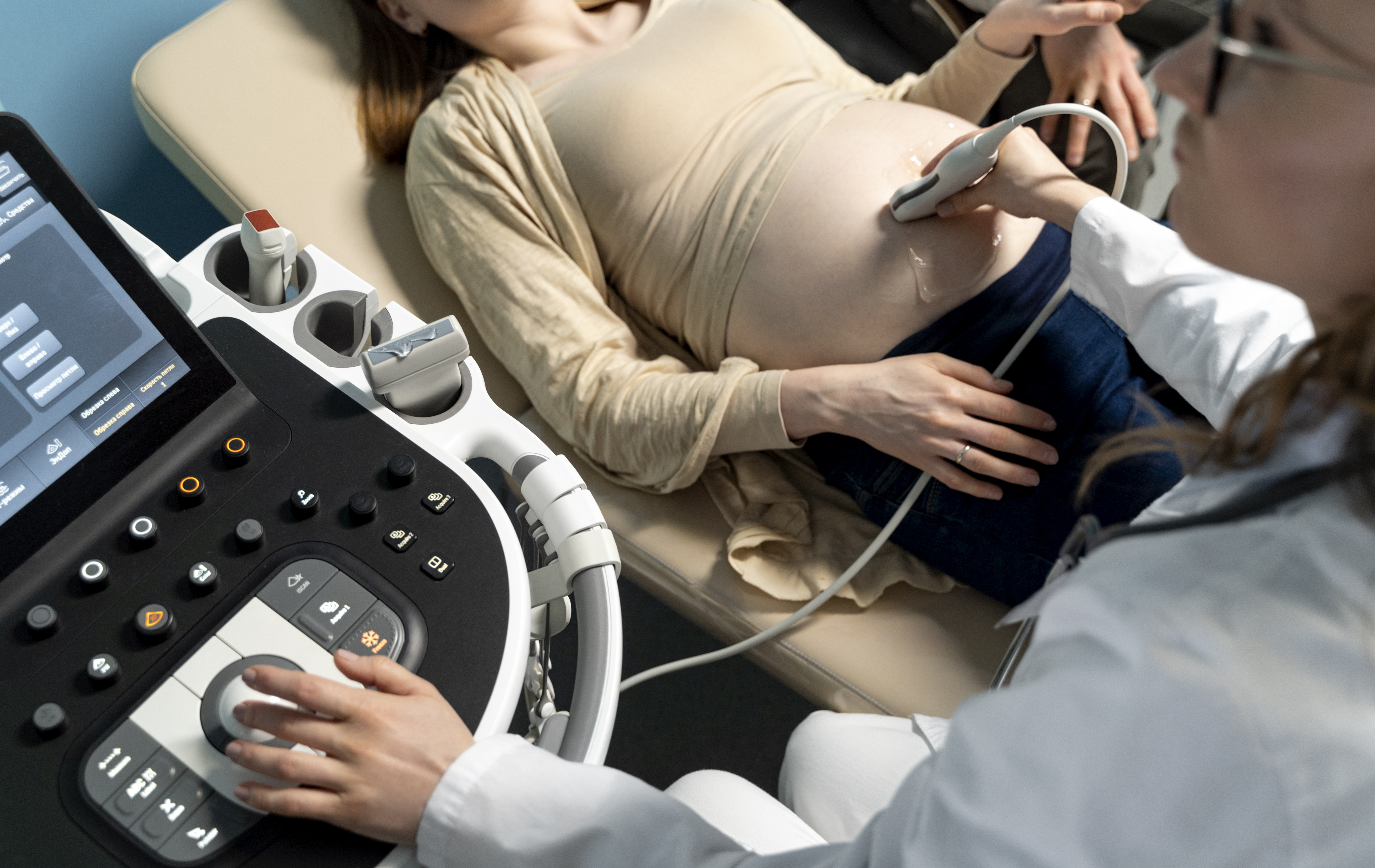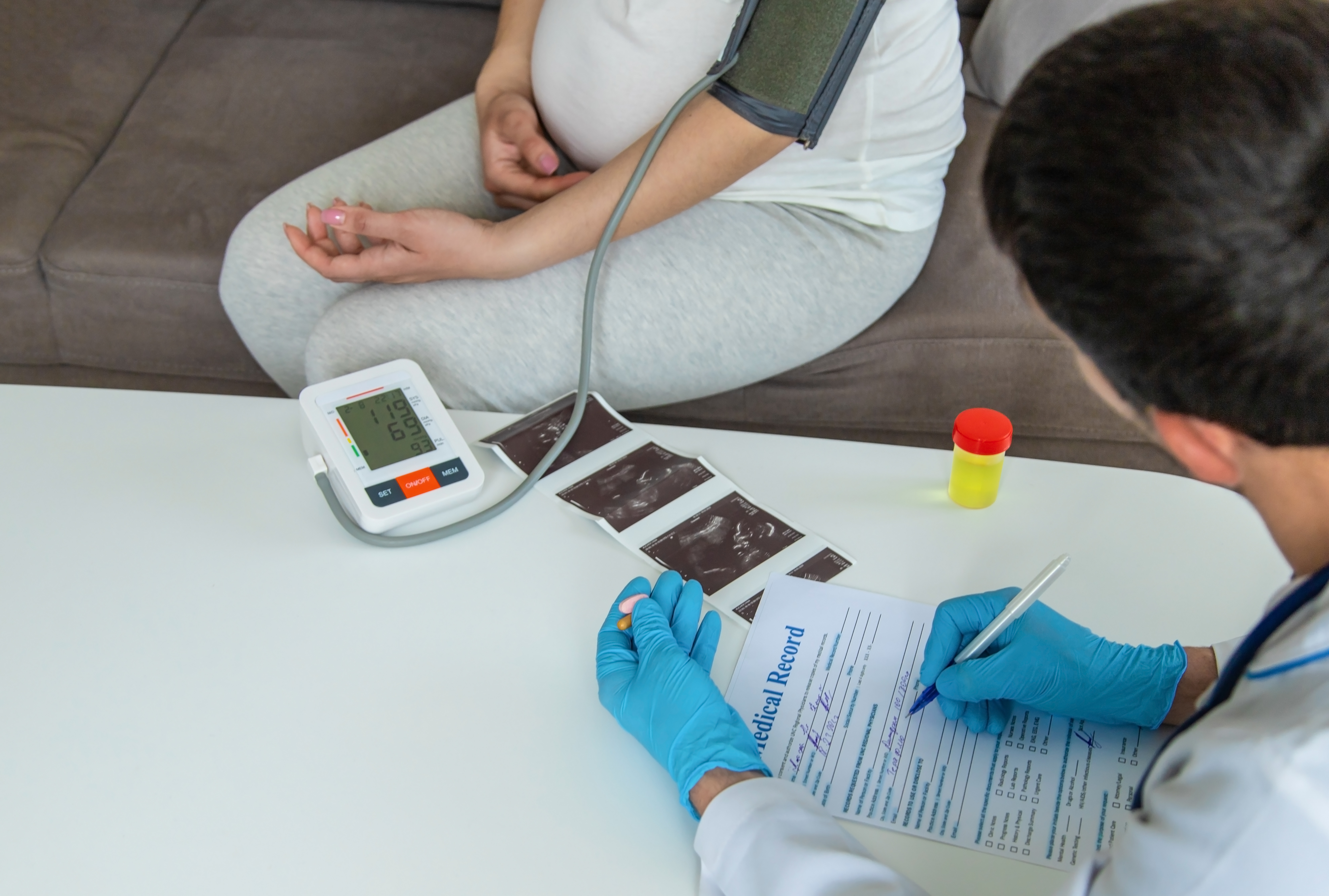Treatment Options for Preeclampsia
Treatment depends on the severity of the condition and the pregnancy stage. Management strategies may include:
1.Mild Preeclampsia: Frequent prenatal visits, lifestyle adjustments, and close monitoring.
2.Severe Preeclampsia: Hospitalization for continuous monitoring, blood pressure management, and possibly early delivery if necessary.
3.Medication: Blood pressure medication and corticosteroids to improve liver function and prolong the pregnancy.
Preventing Preeclampsia
While not always preventable, certain lifestyle adjustments may reduce risk:
1.Routine Prenatal Care: Regular checkups to detect any early signs.
2.Healthy Diet: A balanced diet with essential nutrients.
3.Regular Exercise: Helps maintain healthy blood pressure levels.
4.Monitoring Blood Pressure: Especially if there is a history of hypertension.
When to Seek Immediate Medical Attention
Preeclampsia can escalate quickly, leading to dangerous complications. Dr. Renuka Borisa advises seeking medical help if experiencing severe symptoms such as:
Persistent, intense headaches.
Sudden visual changes.
Sharp pain in the upper right abdomen.
Difficulty breathing
Conclusion
Preeclampsia requires close medical attention, but with regular prenatal care and monitoring, most women can achieve healthy pregnancies and deliver healthy babies. Dr. Renuka Borisa, gynaecologist in Airoli, emphasizes that early recognition of symptoms and proactive health measures are key to managing preeclampsia successfully.
Contact Us
For personalized advice on managing menopausal problems, Contact Dr. Renuka Borisa today. Our healthcare professionals are here to help you through this transition.





